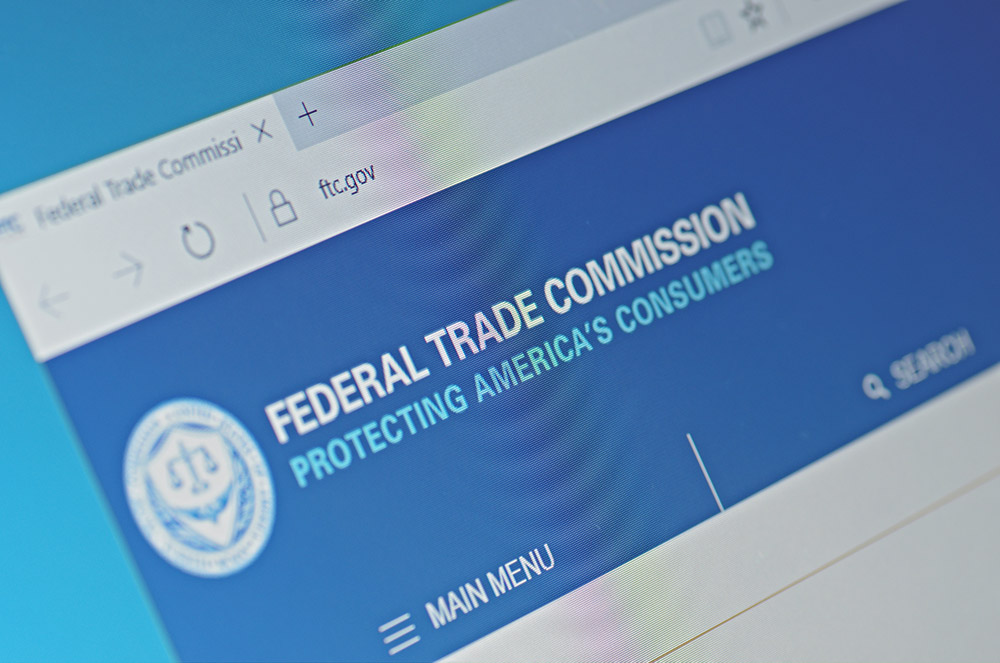Review of FCC’s new Declaratory Ruling and Order
On June 18, 2015 the FCC held an open meeting during which they voted to approve an omnibus package of declaratory rulings (the “Order”) that address 21 petitions received by the FCC concerning the interpretation and implementation of the Telephone Consumer Protection Act (“TCPA”). The full text of the Order was released on July 10, 2015 and the new rules became effective that day. The Order is 138 pages long and contains some positive, but mostly negative implications for call centers. See below for key takeaways from the ruling.
- The FCC has once again expanded the Definition of an Autodialer (“ATDS”). According to the FCC, an ATDS now includes equipment that has the “potential” (but not theoretical) capacity to autodial. This may have a significant effect on preview dialers.
- The FCC clarified that “called party” is the subscriber or customary user, not the intended recipient.
- Businesses only get one free pass to call a reassigned number that they formally had consent to call. Every subsequent call is now a violation because the business is assumed to have gained actual or constructive knowledge that the number has been reassigned through the first call following reassignment.
- The FCC found that consumers have the right to revoke consent to be called “using any reasonable method.” Businesses may not control consumers’ ability to revoke consent by, for example, designating a specific method or medium for them to do so. For businesses, this makes training and record keeping more important than ever.
- Phone carriers now have the green light to implement technology that would allow consumers to block unwanted robocalls. Both consumers and businesses will be allowed to take advantage of call blocking technology as it becomes available.
- Special exemptions were granted for certain time sensitive financial and healthcare alerts that are free to the called party. Numerous restrictions apply, such as a prohibition on any type of marketing material during these exempt calls and texts.
Conclusion and Recommendations
Keep in mind that at least three appeals to this ruling have already been filed in circuit court. However, the ruling will remain in effect until a circuit court of appeals says otherwise. We highly recommend that affected businesses carefully review their compliance policies and procedures and insure that they are working with trusted compliance partners that can help them stay out of trouble.
